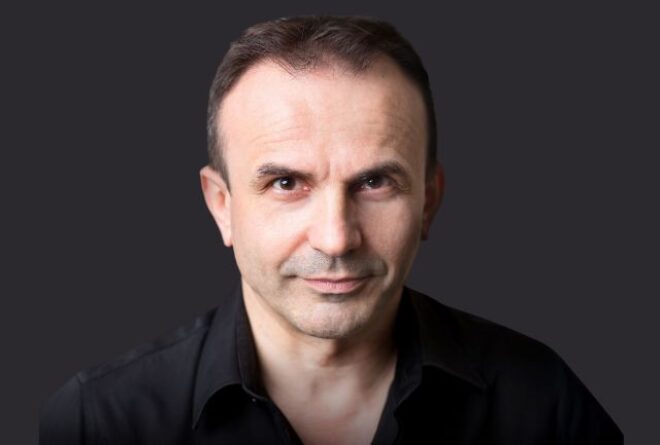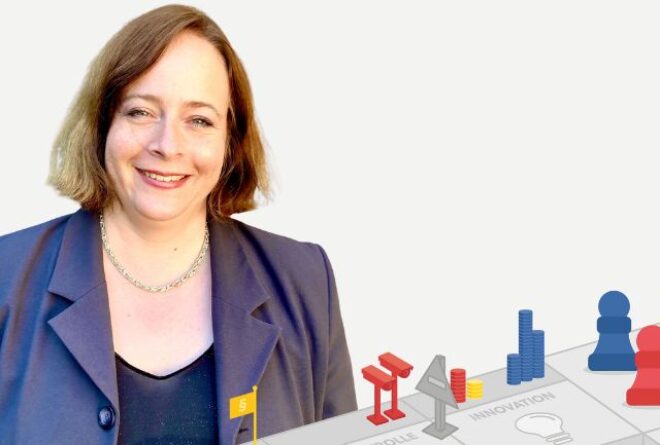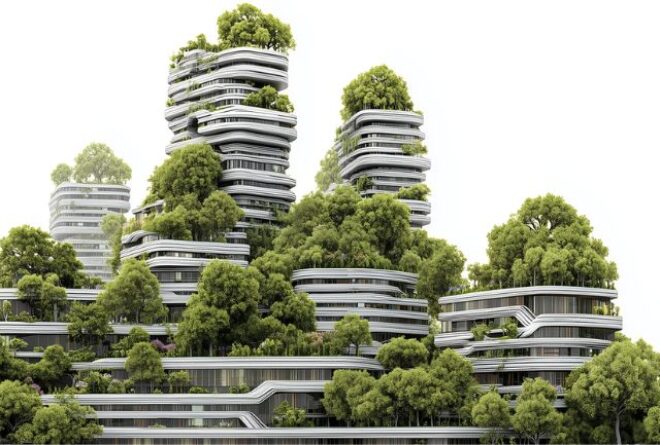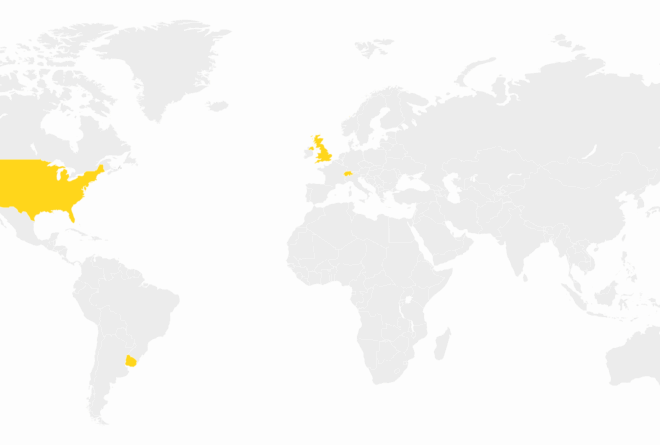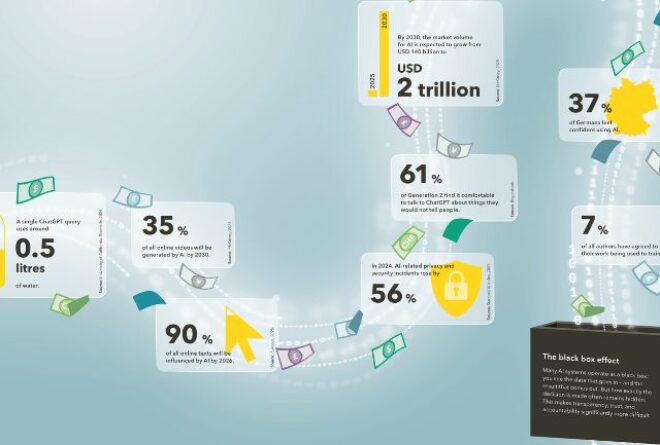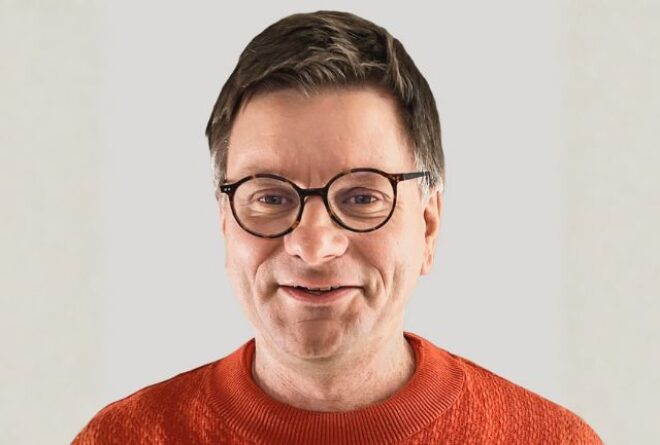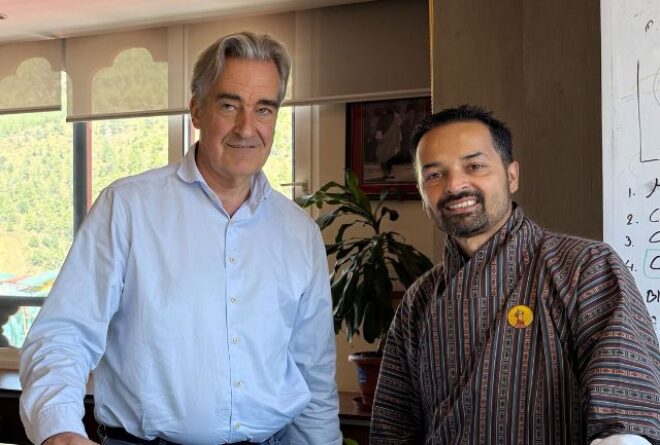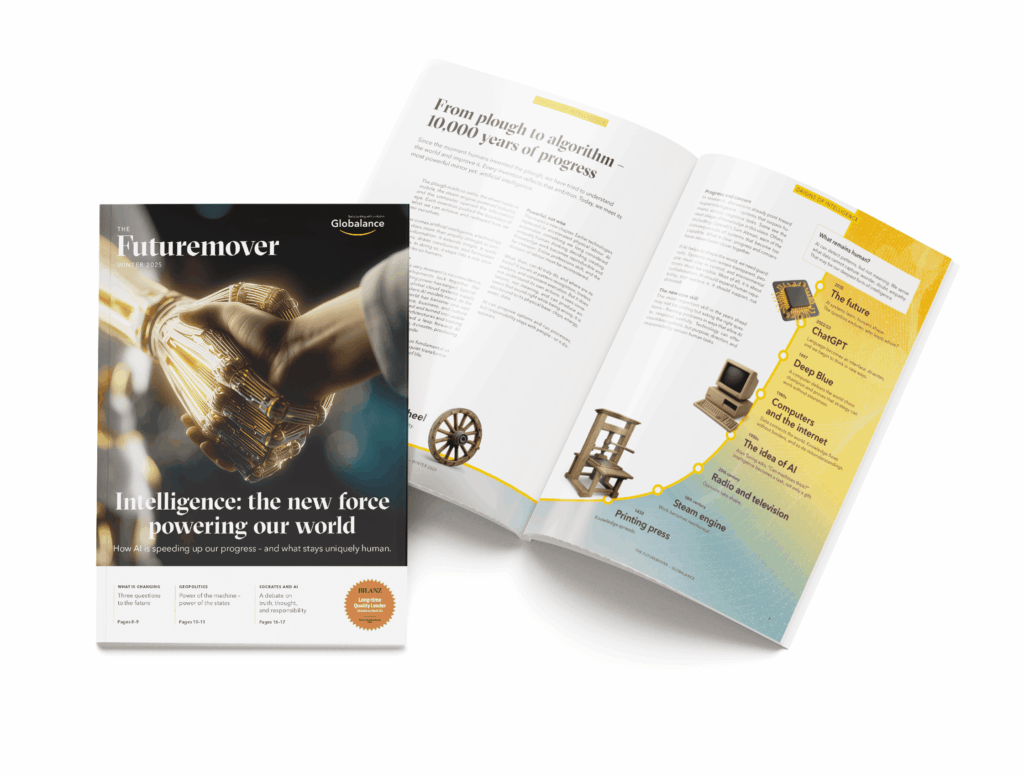News & Trends
«Slowness is a movement for the future»
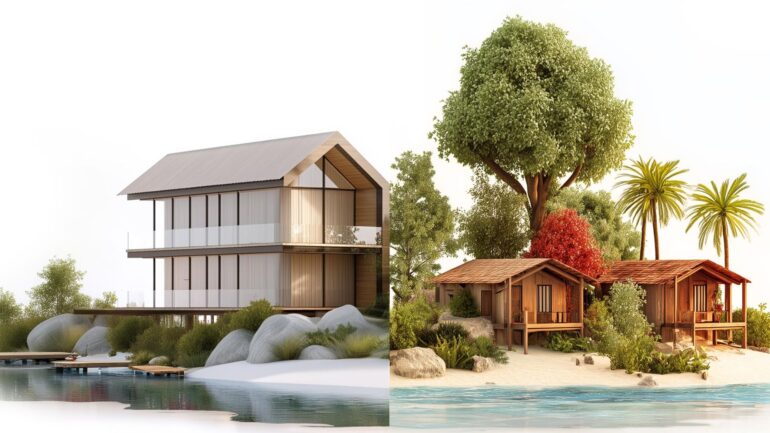
From boutique hotels to regenerative farms: Claus Sendlinger helped shape the hospitality industry as the founder of Design Hotels – and then began to question it. With Slowness, he is searching for new answers to the question of how travel can once again have meaningful impact.
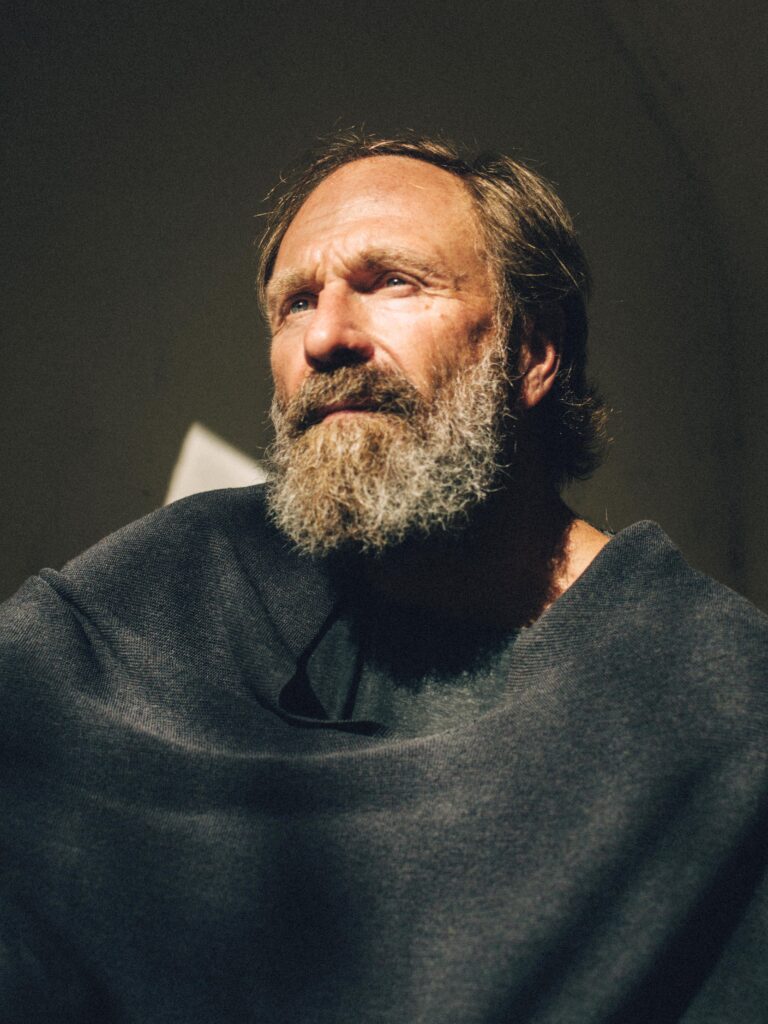
Claus Sendlinger is a pioneer of conscious travel.
With Design Hotels, he created a platform for carefully curated, independent boutique hotels, shaping the international hospitality scene for over two decades.
In 2015, he sold his shares in the publicly listed company and launched Slowness – an international collective for regenerative places, new learning spaces, and a mindful approach to hospitality.
Claus Sendlinger, you have been shaping the world of travel for many years. What has changed for you personally?
I realized early on that change is a constant– and that sense of movement has driven me. Even with Design Hotels, our goal wasn’t just to market places to stay — it was to represent a mindset. But over time, even the best ideas get absorbed by the mainstream. What once felt unique turns into just another label. When a term like “design” ends up in every downtown shop window, it loses its original depth. That’s why Slowness was born – as a response to sameness.
What does Slowness mean to you?
Slowness stands for depth, clarity, and responsibility. It’s about making conscious decisions, taking the time to understand things, and building relationships rooted in quality.
The idea came out of a certain dissatisfaction with a world that is accelerating, obsessed with marketing, and increasingly losing substance. I wanted to return to a state where purpose matters more than buzzwords.
Why do you see terms like “storytelling” or “sustainability” as hollow today?
Because they have been overused. Storytelling once helped us make sense of things. Now it’s often just marketing gloss. The same goes for sustainability. When everyone claims it, but no one shows what they actually do, the term loses its meaning. At Slowness, we say: Do first, talk later. Act first, then tell the story.
What is needed to make travel feel meaningful again?
We need places that are real. Hosts who live their values out of conviction – not just advertise them. And travelers who are open to depth over speed. Many of the most powerful ideas emerge in small settings – in places with character, rooted teams, and a spirit of community. Our farm La Granja in Ibiza was such a place: only eleven rooms, locally sourced food, people who understood nutrition and circular systems. Everything that happened there had a reason. We showed that meaning and profitability can go hand in hand. When values are tangible, trust emerges. And that’s what makes places successful.
So how can sustainable tourism actually be implemented?
Sustainable tourism is not a contradiction – if it’s taken seriously. Today, what’s being marketed as “sustainable” is often just a green label. Real concepts often fail because of the structural conditions.
Take this example: if a hotel project plans fewer rooms and more space for community, it’s quickly seen as “not financially viable.” As long as sustainability isn’t measured alongside EBITDA or cash flow do, it will remain a nice-to-have.
And we often overlook housing: in destinations like Ibiza, vacation rentals push out the workforce. Apartments that once cost €1,500 now rent for €4,000. No chef or receptionist can afford that. If communities don’t regulate, you get a split reality: a polished façade up front, imbalance behind the scenes.
«We need to stop seeing travel as a raid and start seeing it as a relationship.»
Claus Sendlinger
Is sustainability a luxury for the few?
For me, true luxury is knowing where my breakfast comes from – and that no one was exploited for it. Quality has its price. But there are ways to make responsible travel more widely accessible and fairly priced. What matters isn’t the size of the room, but the values lived inside it.
You have launched a new campus in Berlin. What is the idea behind it?
The Flussbad Campus aims to rethink hospitality – combining education, community, and conscious living. Alongside a hotel and restaurants, we are building a health space and a school for hosts who lead with purpose and want to take responsibility. Places like this campus can become incubators for real change.
What is your vision?
In luxury hospitality, only seven out of ten open positions are filled – well-trained talent is key. I envision an industry that sees hospitality as a cultural contribution, and one that helps people to grow. Young people are looking for meaning, for community, and for the feeling that they can make a difference. If we can make that tangible, we can also change the way we think about travel.
75%
of travelers want to travel more sustainably in the next 12 months.
83%
say sustainable travel is important to them.
28%
already feel oversaturated with climate messaging.
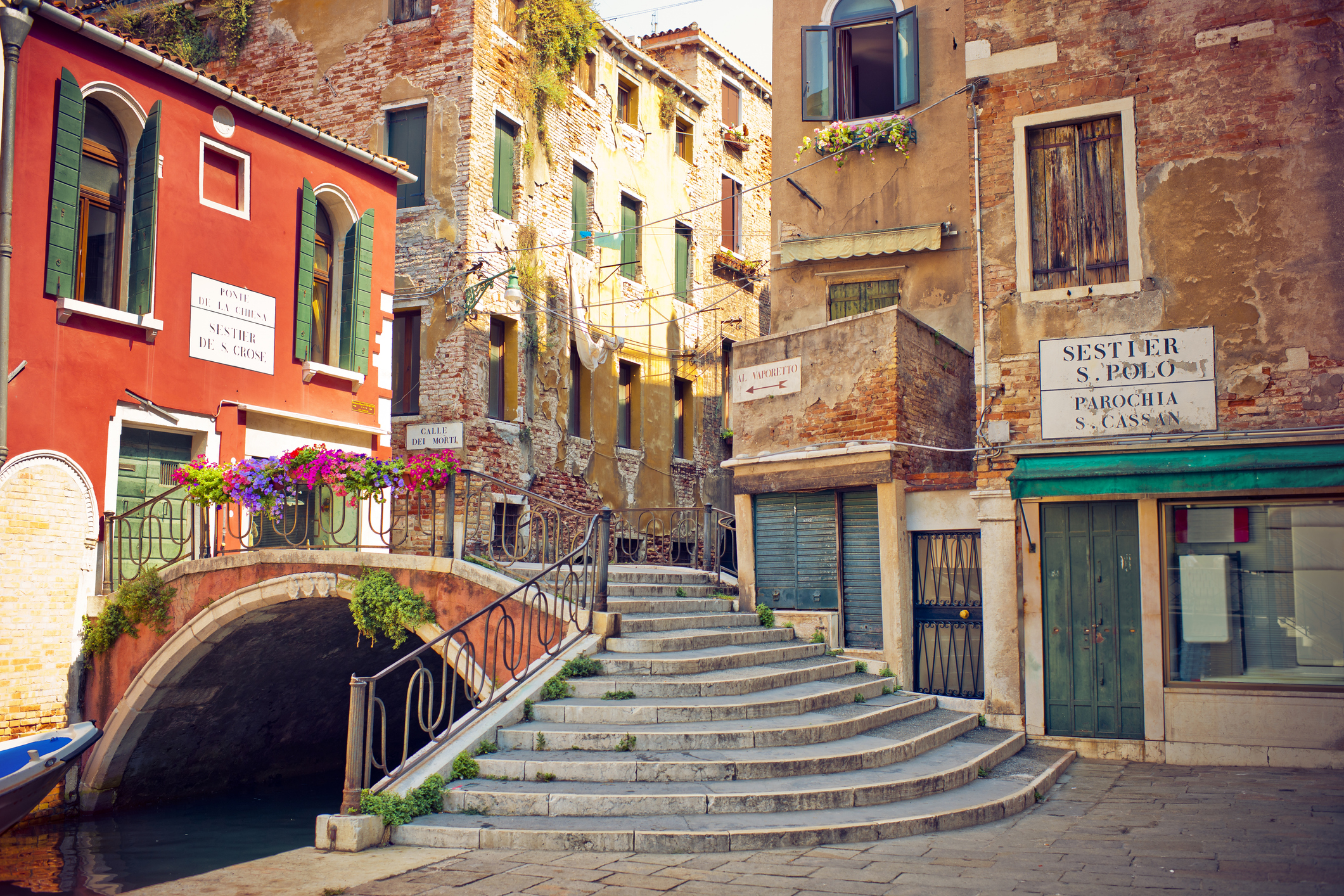
And what does Venice have to say?
Cultural mediator Cristina Gregorin has lived in the lagoon city for 35 years. She talks about overcrowding, lack of political courage – and what needs to change now.
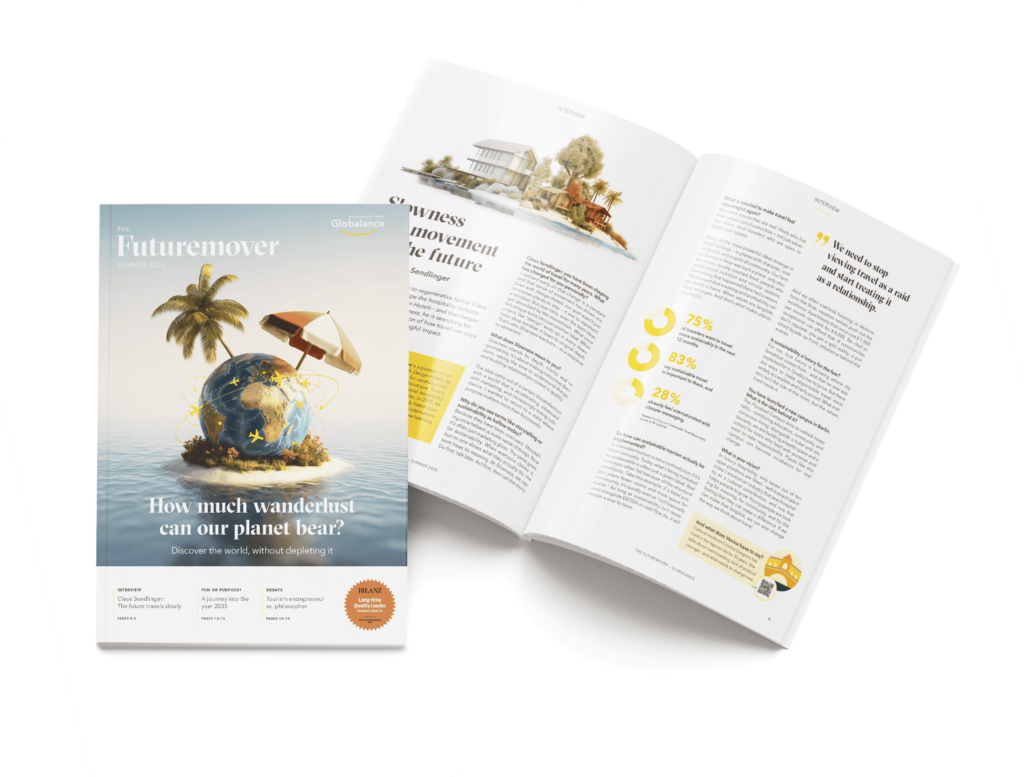
Discover the entire issue
Read more articles from our current issue: ‘How much wanderlust can our planet bear?’.
Be part of the solution and stay informed with the Futuremover.
Subscribe now and shape the future!
Magazin abonnieren EN
"*" indicates required fields
